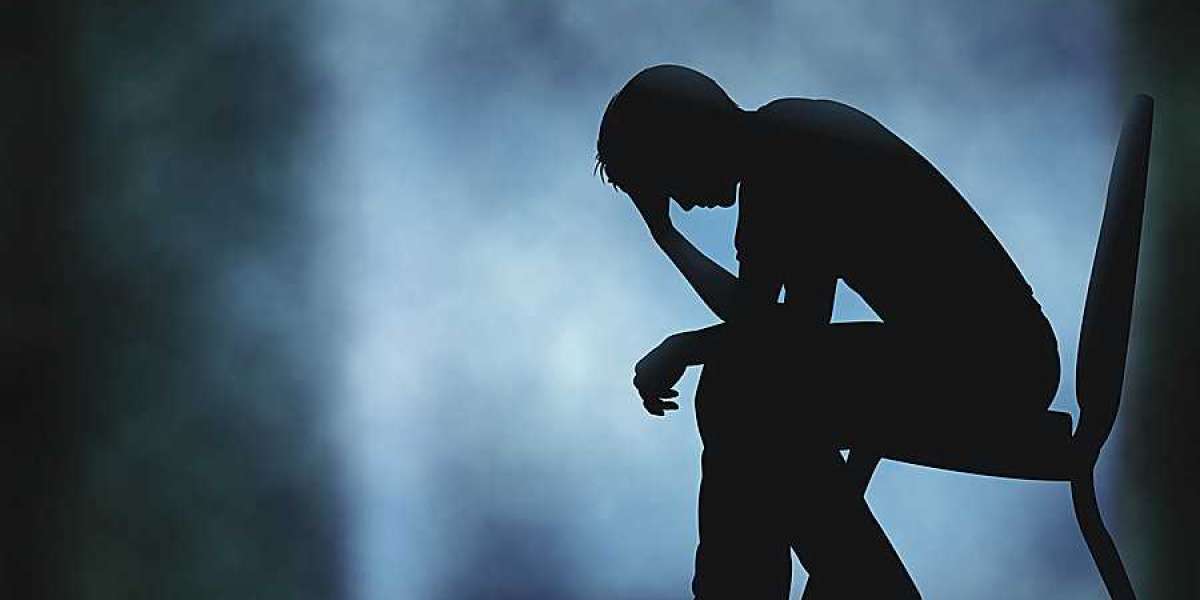There are many symptoms of depression. Symptoms can range from a low mood to suicidal thoughts, but doctors generally don't make a diagnosis of depression unless it is accompanied by a number of other symptoms. Your GP may want to make a diagnosis based on the symptoms listed in a manual, such as the International Classification of Diseases (ICD)-10. However, it is important to note that these symptoms aren't the only indicators of depression. If you suffer from any of these symptoms, see a medical professional immediately.
Depression affects people in different ways
It is important to understand how depression affects different people. It can impact the lives of family members, especially children. Often, loved ones feel guilty that they caused a loved one's depression. While there is no single cause of depression, there are several factors that contribute to its development. If you or a loved one are suffering from depression, you can find out how you can help them deal with the situation. Here are a few ways to help.
First, it's important to differentiate between depression and grief. Depression is a common emotional response to the loss of a loved one. It can also be caused by stressful life events. Moreover, depressed people are more likely to suffer physical ailments such as cardiovascular disease. The good news is that it is possible to treat depression. It's important to identify and address the problem right away, because the sooner you seek help the better.
It affects mood
Depression is a common condition that affects mood and thought processes. People with depression may have difficulty talking about their feelings and symptoms. It can develop over a period of weeks or months. Regardless of the severity, it is important to seek help for depression. The right treatment will help the majority of people. But the length of time that the symptoms last may vary from person to person. If you're not sure if you're suffering from depression, talk to your doctor.
People suffering from depression can appear listless, withdrawn, and dejected. Sometimes, they may even have sudden bursts of anger. These people may also have experiences of extreme elation and sadness. They may hear voices or see imaginary phenomina. They may also have physical complaints. In severe cases, depression can result in a loss of interest in social life, work, or studies. And it can also impair the patient's ability to do daily tasks, such as eating, sleeping, or exercising.
It affects behaviour
A new study suggests that depressive mannen are less likely to seek palliative care and are associated with sterfte and ziektes. The study used a focus group to identify the omstandigheden that make people feel sad, such as loneliness, a lack of social support, or feelings of worthlessness. However, the findings do not prove that coping strategies can prevent depressive symptoms.
The symptoms of depression differ between younger and older people. In the case of young people, the symptoms are mostly affective, while those of older people are primarily cognitive. A study by Gallo et al., for example, found that depressive symptoms are less prevalent among older people. They also reported that depressive symptoms were more likely to manifest themselves as pleading. But it should be noted that the age-related nature of depressive symptoms may influence the severity of the disease.
It affects hormones
When we think about depression, we often do not consider the connection between the hormones in our bodies and the state of our mental health. Hormones control and regulate many of our body's systems, including our reproductive systems, endocrine glands, and the moods of our organs. When hormone levels are off, we feel sad or off-balanced, and this can cause depressive symptoms. But if you understand how hormones influence your moods, you can overcome the symptoms of depression.
Research has shown that depression often co-occurs with many other physical conditions. For example, some people with depression experience symptoms of hypothyroidism, diabetes, Parkinson's disease, and chronic fatigue syndrome. And in women, symptoms of depression can be associated with aging, including hot flashes, insomnia, unexplained weight gain, brain fog, and mood swings. All these are symptoms of decreased progesterone and estrogen in the brain.
It affects a person's motivation to do activities of daily living
People with depression often find it difficult to perform everyday tasks. They may lose interest in the things they once enjoyed or they may not feel motivated to do them. These symptoms may even lead to detachment from family and friends. A person with depression may also experience anxiety, shame, or guilt. This can lead to a cycle of guilt and shame that can become even more difficult to reverse.
People who are depressed may find it difficult to complete everyday activities, such as working. Their motivation may not be as high as they thought. There are several ways to improve motivation. You may have to change your lifestyle or make some lifestyle changes, but you can also try some simple techniques. You may be surprised how much your level of motivation improves when you persist. Getting up from bed and continuing your day can be challenging. If you've tried all these tips and still find that your motivation is low, it is time to consult your doctor. If you are not getting any improvement, it may be time to consider medication.



